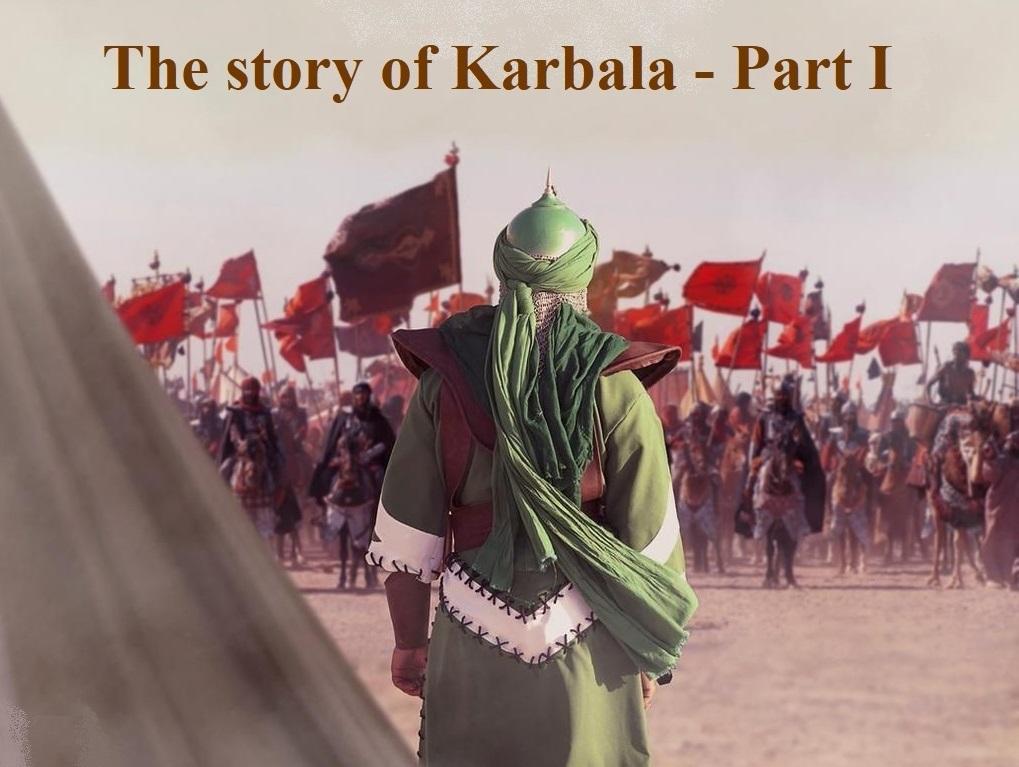Every year Muharram means mourning this death, this martyrdom, as if of one’s own family
"The tragedy is deeply personalised. Every year Muharram means mourning this death, this martyrdom, as if of one’s own family."
BY N ZEHRA
Greaterkashmir.com
Childhood days during Ashura were spent intensely mourning the heart-wrenching devastation of the Prophet’s (PBUH) grandson and his family of seventy-two persons at Karbala.
The time consisted mainly of the reiteration of the tragedy throughout the ten days of Ashura, attending women’s Majaalis in the afternoon, and listening to my father’s rendition of the iconic Mir Anees’s Marsyas.
The post-Isha hours were spent mostly at the Mochi Gate Imambargah accompanied also by our grandmother.
Nasir Jehan’s reading of ‘Ghabraain Geen Zainab’ and ‘Aaakhri Salaam’ triggered the ultimate pain one could possibly experience: the narration of Hazrat Ali’s daughter’s arrival, with almost all male relatives – including Hussain and Maula Abbas, male children ranging from Hussain’s six-month-old son Ali Asghar, 18-year-old Ali Akbar, Aoun, and Mohammad – having been martyred at Karbala.
Sketching with unparallel pain and compassion, Munshi Chunnoo Lal Dilgeer had written a Marsiya that depicted the climax of intense weeping solidarity with the beloved but butchered, tortured, and imprisoned family of Allah’s Last Beloved Prophet Muhammad (PBUH).
The tragedy is deeply personalised. Every year Muharram means mourning this death, this martyrdom, as if of one’s own family.
The attachment in emotion translated into an understanding of what the message of Karbala was – the place it must occupy in daily consciousness as we live life, centuries later, so conflicted by the chaos, the callousness, the compromised values, and principles of humanity.
Karbala became the touchstone of what made ‘The Path’ that we must tread. For up to Karbala and onward the challenge that Imam Hussain faced was one of opting for the right as opposed to the wrong and the ugly.
The ugly was what violated the basic tenets of decency, dignity, mutual respect, kindness, compassion – all indeed dedicated to promoting the Oneness of Allah and His Command.
Hussain stood for ‘Haq’, for right, but within a framework of decency and respect as Commanded by Allah. Clearly, there was no Mission greater than promoting Allah’s Message yet Hussain, like Prophet Muhammad (PBUH), Hazrat Ali, and all other caliphs, knew that not even Allah’s Mission allowed them to declare as kosher any act that deviated from the tenets of decency. They all had to stay on the path of good values, decent word,s and action, and follow Allah’s Commands.
Karbala was not a battleground; it was a momentous event that illustrated the best of humanity in the most difficult of times. This indeed was the annual lesson we were to derive from the Majaalis where Allama Rasheed Turabi would emphasise that at Karbala Imam Hussain was defending the most superior and the most advanced form of the UN Human Rights Charter – only a few centuries ahead of the UN!
The story of Karbala, the event, was passed down through generations, through documentation, and through oral history.
It is a story of tragedies, characters, dignity, patience, the integrity of purpose, the commitment to the Commands of Allah, the courage to say no to the bayt of the vile Umayyad ruler Yazid, the leaving of Makkah on the second day of Haj, the presence of men in their eighties as well as a six-month-old baby, the utter Tehzeeb at display in the interaction between Imam Hussain and not only his own family but with the enemy all ready to martyr the Prophet’s (PBUH) family; it is a story of Hussain’s sister, unmatched in courage and bravery, and of the enthusiasm of every member of the Hussaini Lashkar to go and battle the numerically superior forces of Yazid.

